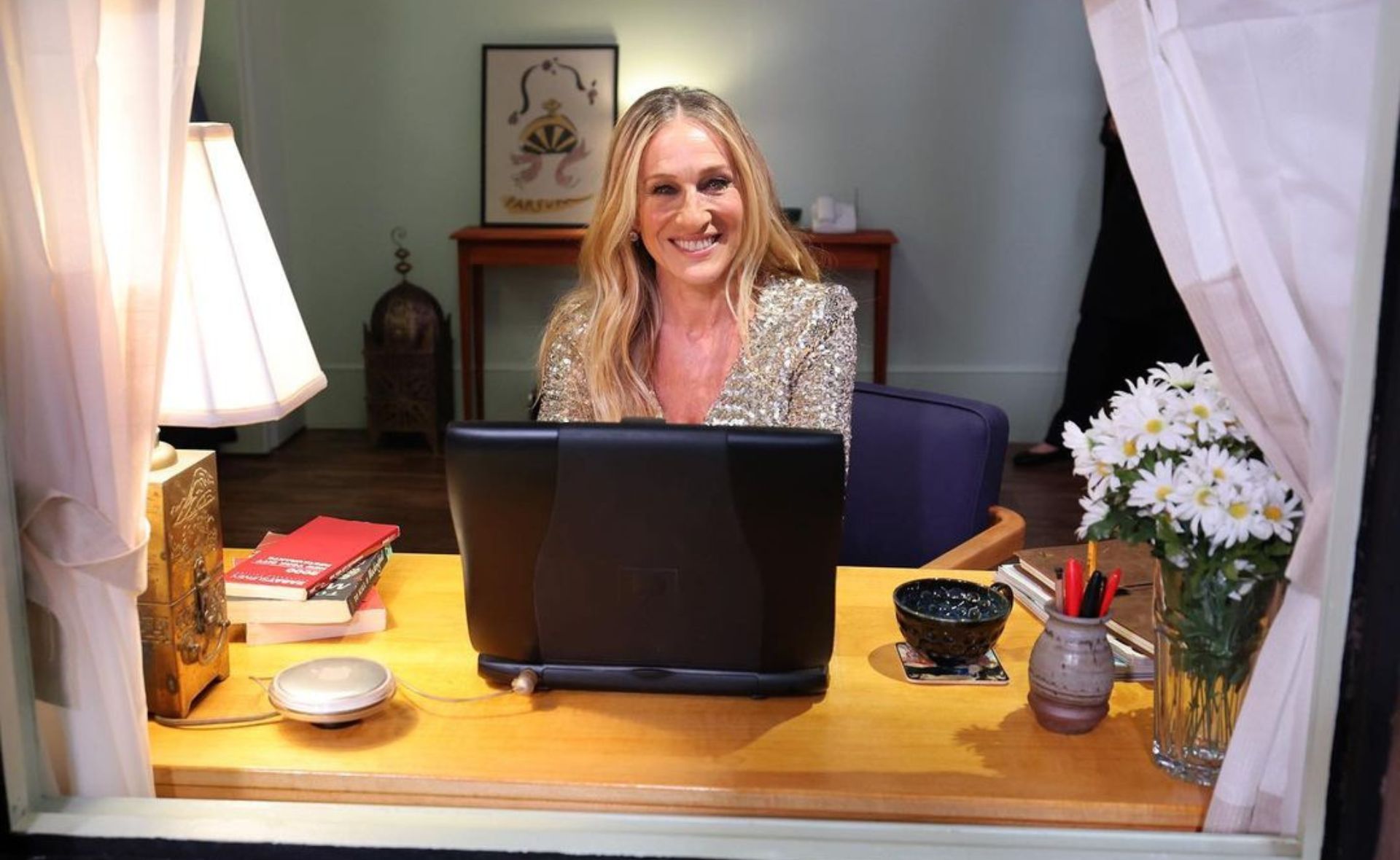Retirement. Snooze. Investments. Yawn.
It’s ironic; while financial security is what most of us strive for, it’s an area where we’re likely to bury our heads in the sand.
In 2007, The Financial Literacy Foundation reported around 31 percent of adults think dealing with money is boring, while another 48 percent found money matters completely overwhelming.
If you add this attitude to the many unique challenges women face today, like increasing longevity and meagre superannuation payouts, you have an alarming amount of Australian women who face an unstable financial future.
In fact, it’s not only estimated by 2019 women will have half the amount of super that men do but we’ll also be twice as likely to live in poverty in our old age. With worrying predications like that, it’s time to wake up from this monetary slumber, asap.
But is it easier said than done? Well, they say knowledge is power, so the first step is being aware of the two types of challenges that could cause financial hardship later on. The first being, practical challenges.
Longevity
The life expectancy of Australian women has risen to 82 years in comparison to 77 years for men. This not only requires funds to last longer than ever before but medical costs need to be factored in for this prolonged stage of life.
Lower pay
Even today, on average, women still earn $300 less than men a week. This isn’t just down to general inequality but the fact more women are concentrated in lower-paid work areas such as retail and hospitality, meaning it’s tougher to save and harder to secure a good amount of work super contributions too.
Career breaks
While men tend to remain on a path of full-time work throughout their life, it’s more probable that women will veer on and off it at various stages, especially when starting a family. Again super contributions suffer, earning less interest for later years.
Women are more likely to take on multiple part-time jobs too, which can be financially detrimental to their retirement years, as earning less than $450 per week, per job, means super is not legally payable.
Experts warn that these practical barriers are only part of the problem facing women today. For us ladies, money is linked more deeply with relationships and emotions, so we need to be financially alert when facing the second area of potential risks.
Cinderella singletons
Theoretically, after finishing full-time education, women are financially in a great place to get a head start on saving, with no mortgages or kids in sight. In reality though, young twentysomething’s make up most of the 31 percent that financially live for the day.
Many have come out of uni with debts so huge they believe they’ll never get ahead and max out the credit cards further on short term fixes. Often they hope for a prince to relieve them of financial duties and burdens.
But according to a Citibank survey, one in four Australians may never marry so delaying responsibility is highly risky.
Selfless savers
Becoming a mum gives birth to more than just new life but also to the selfless gene, where mums always come last. It’s no surprise then that many women feel putting money aside for their future over their kids needs is an indulgent luxury.
Ironically, if proactive steps aren’t taken for financial security, chances are it’s the kids who’ll be landed with the burden of supporting their parents later on.
Sandwiched generation
A US study reported that while a golden handshake is the most common reason for men’s early retirement, for women, its care giving.
Around 25 percent of Australian women in their fifties look after their elderly family members on a full- or part-time basis.
Because many still have dependant kids, they are squeezed between two generations needs, sacrificing their own savings.
Trusting traditionalists
Divorce rates among the older generations are among the highest in the country with a staggering 81 percent increase in the divorce rate for people aged between 60 and 64 over the 20 years to 2005.
Female baby boomers often left financial management up to their husbands during marriage but with many facing unexpected divorce later down the track, they’re also facing a frightening future with no accumulated savings or super and little chance to build up any wealth.
Luckily amendments to laws in 2002 helped address some of the immediate problems, namely making super a claimable marriage asset.
Of course all of the above challenges can affect anyone in any stage of life. It’s not just the over-50 age group that are prone to leave money matters to partners, just as it’s not only young twentysomething’s who wait in vain for their princes to save them. We are all vulnerable to these potholes.
In an uncertain economy with ever-changing governmental policies, taking responsibility for our own financial affairs is a necessity; excuses like being too young, too busy or too overwhelmed just doesn’t cut it.
With the growing amount of avenues that aim to empower and advise women, we no longer have to drift in and out of consciousness trying to understand bank manager language. Instead we can turn to websites designed for women and even self-help investment groups (like book clubs without the books) formed for women.
So get proactive, take one step and become accountable for your own financial security. Can you really afford not to?




